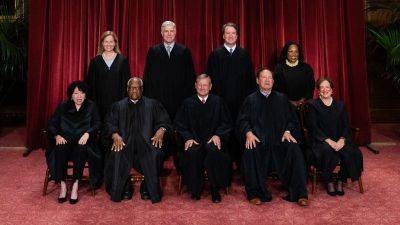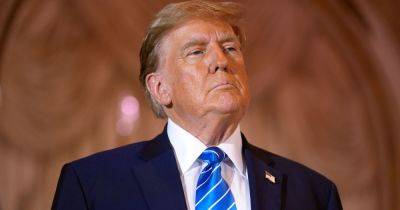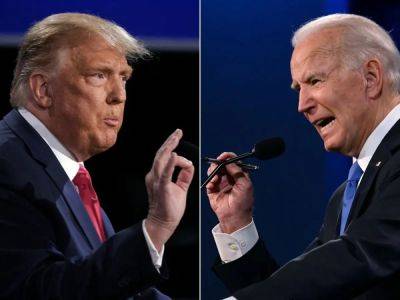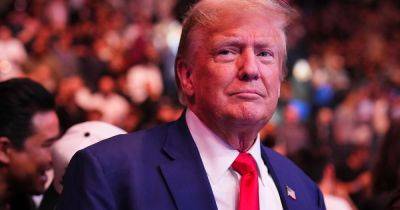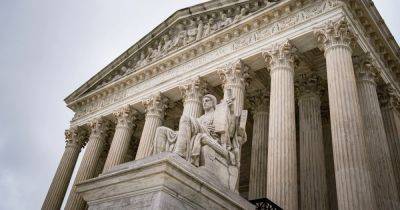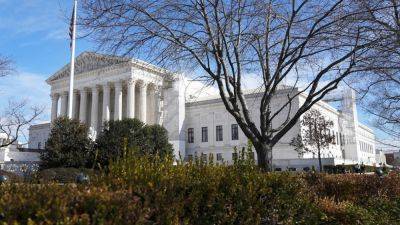Supreme Court sets April arguments over whether Trump can be prosecuted for election interference
WASHINGTON (AP) — The Supreme Court on Wednesday agreed to decide whether former President Donald Trump can be prosecuted on charges he interfered with the 2020 election, calling into question whether his case could go to trial before the November election.
While the court set a course for a quick resolution, it maintained a hold on preparations for a trial focused on Trump’s efforts to overturn his election loss. The court will hear arguments in late April, with a decision likely no later than the end of June.
That timetable is much faster than usual, but assuming the justices deny Trump’s immunity bid, it’s not clear whether a trial can be scheduled and concluded before the November election. Early voting in some states will begin in September.
The court’s decision to intervene in a second major Trump case this term, along with the dispute over whether he is barred from being president again because of his actions following the 2020 election, underscores the direct role the justices will have in the outcome of the election.
Trump’s lawyers have sought to put off a trial until after the election.
In the end, the timing of a possible trial could come down to how quickly the justices rule. They have shown they can act fast, issuing a decision in the Watergate tapes case in 1974 just 16 days after hearing arguments. The decision in Bush v. Gore came the day after arguments in December 2000.
By taking up the legally untested question now, the justices have created a scenario of uncertainty that special counsel Jack Smith had sought to avoid when he first asked the high court in December to immediately intervene. In his latest court filing, Smith had suggested arguments a full month earlier than the late April timeframe.
Trump


